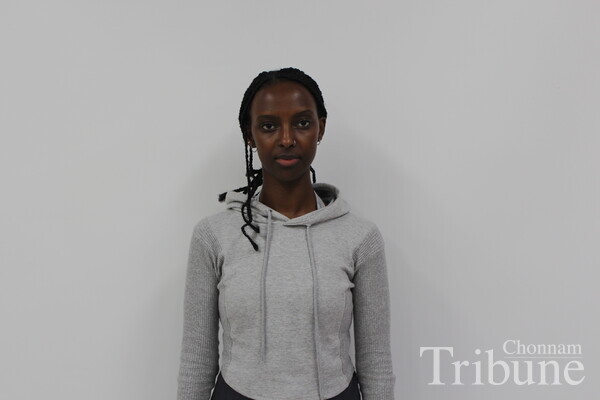The world of Artificial Intelligence has brought about incredible alterations in human existence. We can mention countless innovations and benefits that AI has provided. AI, especially in the past few years has been in the forefront of multifaceted innovations. Fields like agriculture, medicine, education, the automotive industry have integrated AI to produce these amazing innovations that help human life and existence in ways that we have never imagined before. One of the areas that has seen this unprecedented boom in AI integration is ‘ART’. THE art that humans have been creating for thousands of years. And regardless of the pros that might exist in utilizing AI in enhancing art and artistic endeavors, just like most things it comes with its fair share of cons as well. These disadvantages can emanate from several concerns, one significant one being the issue of copyrighting AI-generated art. In this essay I will discuss the reasons why I don’t believe AI-generated art should be copyrighted.
Art is inherently human, serving as a timeless form of self-expression. It breathes life into our emotions, experiences, and human connections, shaping our journey through life. Art's essence lies in human involvement, reflecting originality and uniqueness only the creator can produce. it is a big part of how we share and learn this thing called life. This gives us an authority and a say in how we put out and explore art. It also means that art lacks the basic value without the involvement of people. Human art rightfully warrants copyright protection due to the labor and effort invested, but the same cannot be said for AI-generated art. While AI can produce visually pleasing and impressive works, it lacks the depth and originality of human creativity. AI-generated art can be easily replicated within moments, contrasting with the extensive efforts artists invest. AI, though a remarkable human creation, should not be afforded the same copyright protection as human-made art. Take music for instance. There has been a trending software for replicating previously recorded and released songs and making covers of these by other artists different from the original creators.
These new covers are very enticing as it’s very exciting to see your favorite artists from completely different genres doing a cross-over. Say an Ethiopian artist doing a New Jeans cover would be one thrilling experience for me but there’s a catch here. A big one at that! The artists are in no way involved or aware of this. The software quickly learns from existing music to recreate songs in minutes. And this is done in a matter of minutes and one can even do it while on a coffee break or waiting for the bus. Imagine the time and effort this would take if an actual person were to do a cover of a song. They would have to go into the studio, reproduce the song in the range and scale that fits them, practice, record, re-record, fix, adjust and finally come up with the final output. This efficiency contrasts with the substantial effort required from a human artist. The idea of granting the same copyright to both AI-generated and human creations doesn’t sit right with me and seems ethically problematic. Replacing human artists with AI in a cost-driven market threatens creativity and devalues art. Direct competition between AI and human artists may lead to a lack of originality and an overemphasis on cost-efficiency. Copyrighting AI art risks eroding the value of human creativity. AI should complement, not replace, human artists.
AI-generated art is wonderful. It results in elevating the scope with which our imagination comes into reality and our grasp. It simplifies certain technical components that may be necessary in the building of the art work but as all things AI it should aid humans in their creative process rather than take over and overlook their efforts. Allowing AI-generated copyrighting means giving the leeway into diminishing the incredible efforts that artists put into their work and undermining the humanness that is a core constituent of art. If AI-generated art is ever considered to be sufficient to be copyrighted, it should be called something else and not art.
Grand Prize Winner’s Remarks
"A Toast to Inspiration and Gratitude"

I am honored and humbled to receive the grand prize for the 2023 English essay contest, hosted by the Chonnam Tribune. The topic of AI-generated art and the challenges surrounding copyrighting is an essential conversation in today's ever-evolving world. I'm grateful for the opportunity to share my perspective on this important issue. This recognition encourages me to continue exploring the intersection of technology and creativity. I'd like to express my gratitude to the Chonnam Tribune for this platform and to the judges for their time and consideration. Let's continue to explore the dynamic relationship between art, technology, and ethics.
By Wondimu Kidest Tefera, Master’s Student,
Dept. of Business Administration, Chonnam National University Graduate

